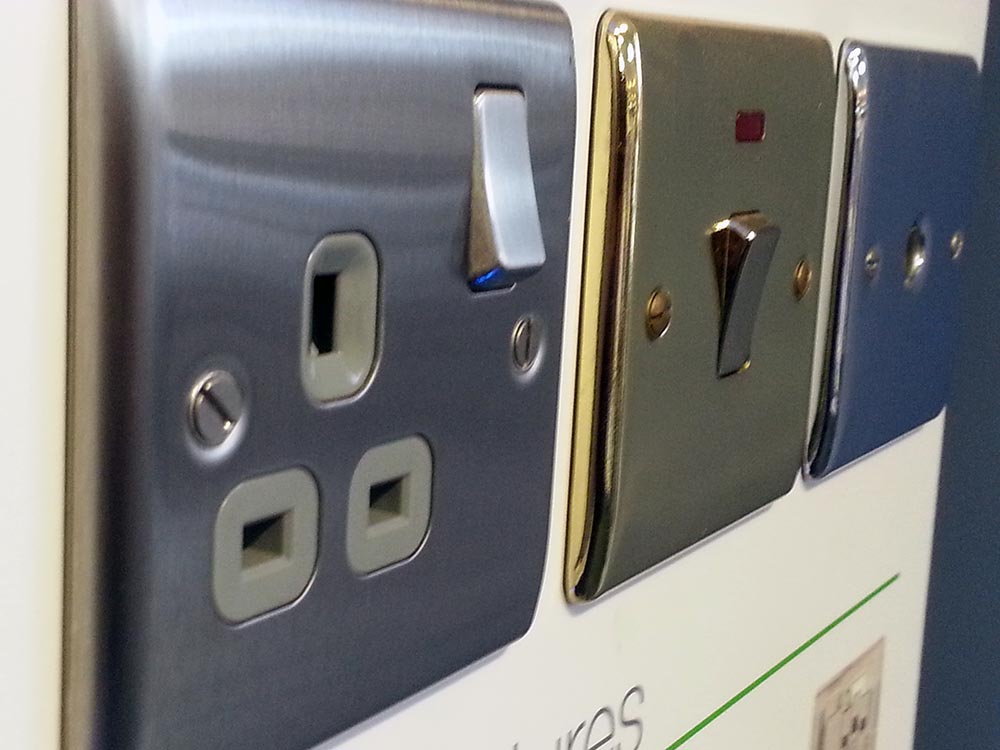FAQs
Answers, insights, and our services eplained.
Find answers to common electrical questions and gain insights into our services with our comprehensive FAQ page, designed to provide you with the information you need for a seamless electrical experience.
I am a householder, do I need to have my electrics tested?
Domestic installations should undergo a report each 10 years at minimum. It’s not the law as such however if you’re not going to look after yourself and your family then who is and when you come to sell your property it may make for an easier, smoother transaction.
We are a business, why should we have our electrics tested?
You are required to provide a safe place of work for employees. Insurance companies will insist that the Electricity at Work Regulations 1989 is adhered to and installations are under planned maintenance. Commercial installations should be reported upon each 5 years at minimum.
Should my fusebox be replaced?
That would depend. Rewirable fuses are still recognised as a means of protection, however other factors now come into play. Rcd protection to socket outlets under general usage is a key starting point, if you have not a least got this then let us come along and talk through the options.
What is Part P?
It is a building regulation that is in place to protect you, not just another money making scam.
We all know someone who can come along and wire that plug or light for you, just nip down the local DIY shop and get the bits it won’t take long and they know what they are doing save you a fortune!
Will it really though and what about the safety of you and yours?
Just because it works doesn’t necessarily mean its safe and you could suffer serious consequences and for what, a few pounds. All electrical works should be tested and a certificate issued.
Part P covers areas in the home installation that are of a higher than normal risk.
In these areas it becomes a legal requirement that work is registered.
Part P requires that:
“Reasonable provision shall be made in the design, installation, inspection and testing of electrical installations in order to protect persons from fire or injury.” and “Sufficient information shall be provided so that persons wishing to operate, maintain or alter an electrical installation can do so with reasonable care.
View the NIC EIC Part P fact sheet
Why should I use a registered electrician?
Peace of mind! You cannot see electricity but the effects from it can and do kill. By using an electrician who belongs to one the approved organisations you can be sure of getting a certified job done by people who themselves are regularly inspected to confirm compliance of their work and you have an organisation to talk to should things not go as planned.

